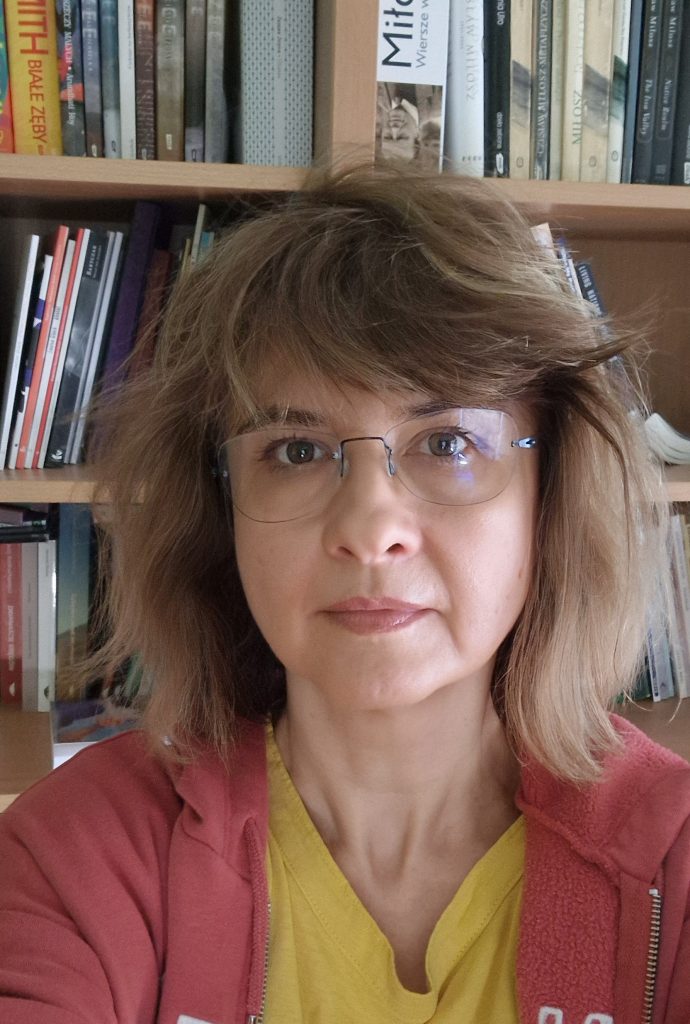
Dorota Kołodziejczyk is an Associate Professor at the English Department of the University of Wrocław. She is the Director of Postcolonial Studies Centre and the Chair of Olga Tokarczuk Ex-centrum Academic Research Centre.
Dorota Kołodziejczyk’s keynote talk abstract at the conference Cultural Heterologies and Democracy II:
The Relentless Law of Recurrence: Right Populism Against Postcommunist Anarchic Heterotopias
The literary reflection on postcommunist transformation across the Eastern and Central European space is grounded in the anarchism of the self-conscious Europe’s periphery. Literature of that period, still faithful to the spirit of dissent from the 80s (in Poland spanning hieratic and carnivalesque forms), but also looking for the new energies of its critical impetus, invested in the language of ironical deflection and imageries of the retrieved locality. In my presentation I will give a brief survey of the anarchistic tendencies in the literary representations of the transformation period, the chief being:
– decentering (collective) identity by writing the new local
– returning the gaze from the peripheries
– queering hetero- and homonormative regimes
– recycling: mimicry with a subversive twist
– postsocialism (postcommunism) as cultural debris
– neoliberalism as self-willed and resigned dependence
These trajectories of literary representation of the transformation period created their unique heterotopic critique of postcommunist realities that contributed to a specific form of identification with the postcommunist Europe’s difference, especially its self-ironically performed inferiority and peripherality. However, with the rise of the populist right in the last decade, the transformation period with its aesthetics and rhetoric of carnivalesque anarchy and performative (exoticized, Orientalized, hyperbolized) difference became an object of the political onslaught in the name of recovering national dignity against the apparent “politics of shame” of the transformation period.
I want to reflect on the cultural/political mechanisms of turning a powerful cultural heritage of the transformation period into an object (and abject) of a new national(ist) pedagogy and cultural politics. However, the nationalist pedagogy is not so new – the right populism took from a rich resource of nationalism at use in socialist regimes, and thus, symbolically and discursively, grounded the politics of the right in the nostalgia for the safety and clarity of state-controlled system.
Full video of Dorota’s keynote talk on June 26, 2024: